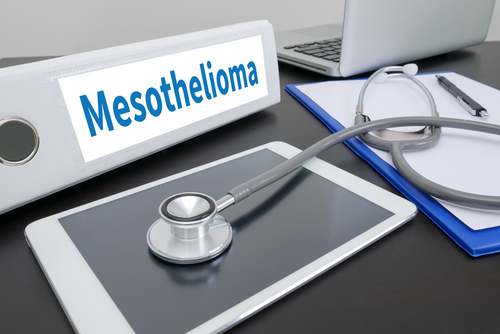
Patients with resectable epithelioid mesothelioma who received National Comprehensive Cancer Network (NCCN) guideline-concordant therapy had significantly better short- and long-term survival outcomes compared with patients who received nonguideline-concordant therapy. Yet, despite these findings from Douglas Z. Liou, MD, and colleagues, guideline-concordant therapy remains underused in most patients.
The study included more than 3000 patients with stage I-III epithelioid malignant pleural mesothelioma between 2004 and 2016 who were found using the National Cancer Database. Chemotherapy, surgery, or radiation therapy were received by 69% of patients, and 31% received no treatment.
Guideline-concordant therapy was used in a small percentage (19.2%) of patients compared with nonguideline-concordant therapy, which was used in 80.8% of patients.
Dr. Liou and colleagues saw an improved median survival (24.7 vs 13.7 months) and 5-year survival (17.7% vs 8.0%) in patients who were given guideline-concordant therapy versus those who were not. Furthermore, guideline-concordant therapy was more likely to be used if a patient was younger, insured, had no comorbidities, lived in a census tract with higher income, was treated at an academic or research program, and had stage II or III disease.
Their findings also showed that the timing of chemotherapy (before or after surgical resection) did not affect short- and long-term survival.







 © 2025 Mashup Media, LLC, a Formedics Property. All Rights Reserved.
© 2025 Mashup Media, LLC, a Formedics Property. All Rights Reserved.